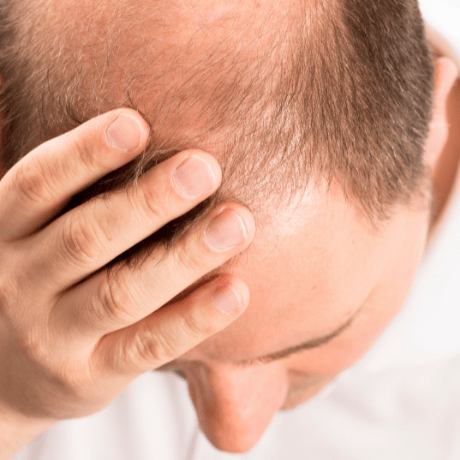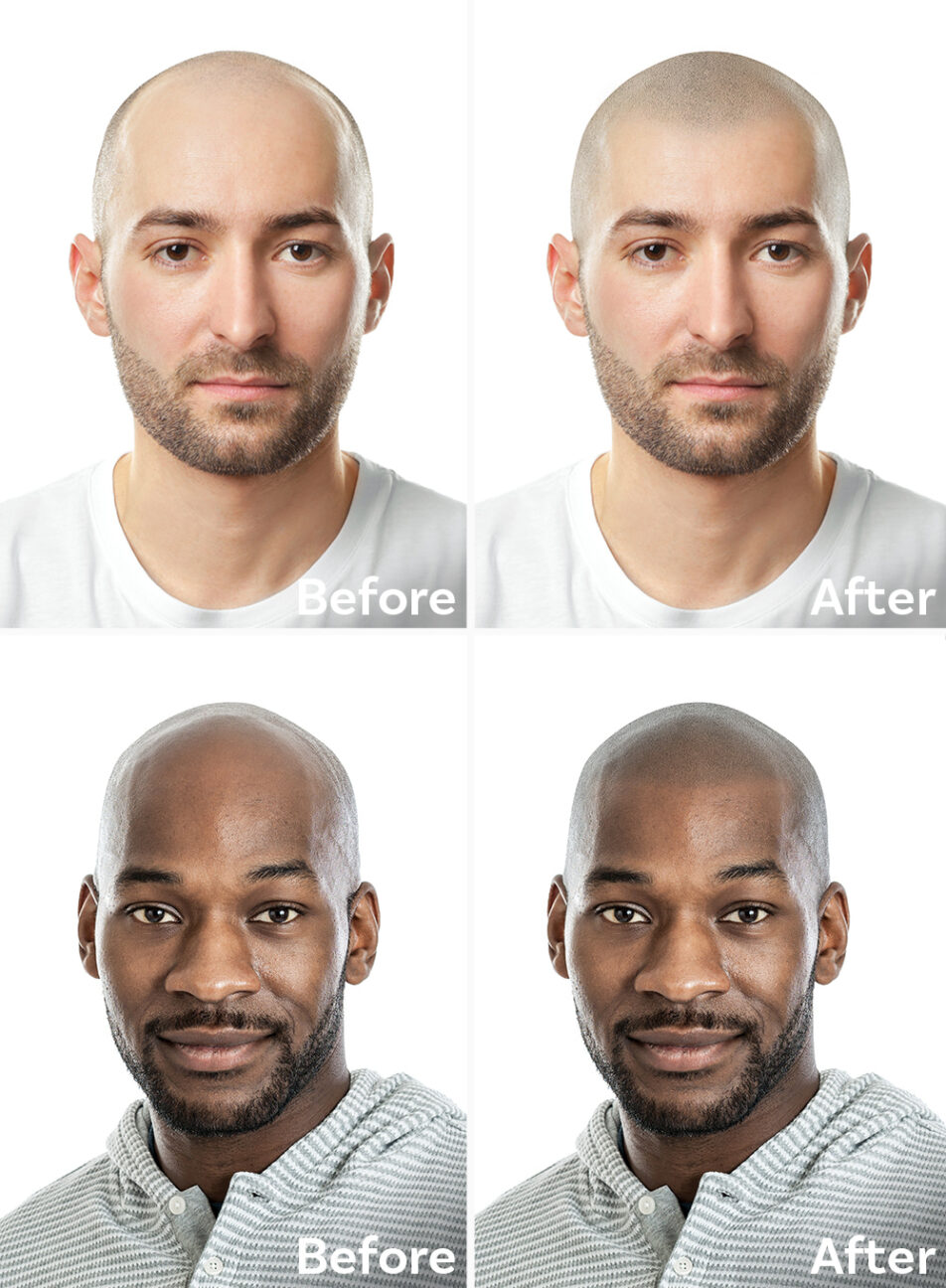Can stress really cause hair loss?
Modern life can be extremely stressful for all kinds of reasons. It’s one of the reasons why discussions about mental health have come to the forefront in recent years. We all experience stress sometimes and it also has been well documented how it can increase blood pressure and other areas of our body. Research has also started to tell us how it can influence hair loss too.
A new study conducted by researchers at Harvard University has provided more evidence. They carried out tests on mice that produced some interesting results. They found that corticosterone, a hormone released by mice dealing with stress, prevents the production of a protein called GAS6.
The GAS6 protein helps with the growth of hair follicles when a human or animal is undergoing stress. But high levels of corticosterone prevent it from reaching the required level to promote hair growth.
Researchers cannot say for sure that this also applies to humans. However, they believe there are a lot of similarities between the two mechanisms. The hope is that by having a better understanding of hair loss, therapeutics can be produced to better manage balding created by stress.
Hair follicles in 3 stages
Hair follicles go through 3 different stages throughout a person’s lifetime. The first stage is ‘anagen’, the growth phase where follicles continue to push through a hair shaft. The next stage is called ‘catagen’, where hair growth stops and shrinkage occurs in the lower part, with the hair remaining in place. Lastly, hair reaches the ‘telogen’ stage, a resting period where the hair follicle stem cell becomes inactive, which can lead to it falling out.
Researchers found that hairs in mice experiencing stress remain in the telogen phase for only 20 days. This is 3 times less than mice who are producing normal levels of corticosterone. They also found that follicles engaged with hair growth 3 times as often too.
After placing the GAS5 protein in the mice, normal levels of hair growth returned. It suggested that restoring the protein could encourage regeneration of growth in hair follicle stem cells that were not producing.
Dealing with stress and hair loss
Even if your genetic make-up means you are less likely to lose your hair, experiencing long periods of stress can cause you to lose more hair than normal.
If you are dealing with a lot of stress, the first thing to do is to seek professional medical advice. That should give you some direction on how to manage it on a day-to-day basis.
Long-term stress can lead to alopecia areata, which in some cases can be a life-long condition. Stress leads to more stress, which can create a hard cycle to break. But if you are experiencing long-term hair loss due to stress, scalp micropigmentation may be able to help.
Whether it’s small bald spots or patches, or something larger, our SMP technicians can help. SMP can help you restore your confidence and perhaps even reduce your stress levels. It offers a better solution than expensive, damaging hair transplants.
Send us a



